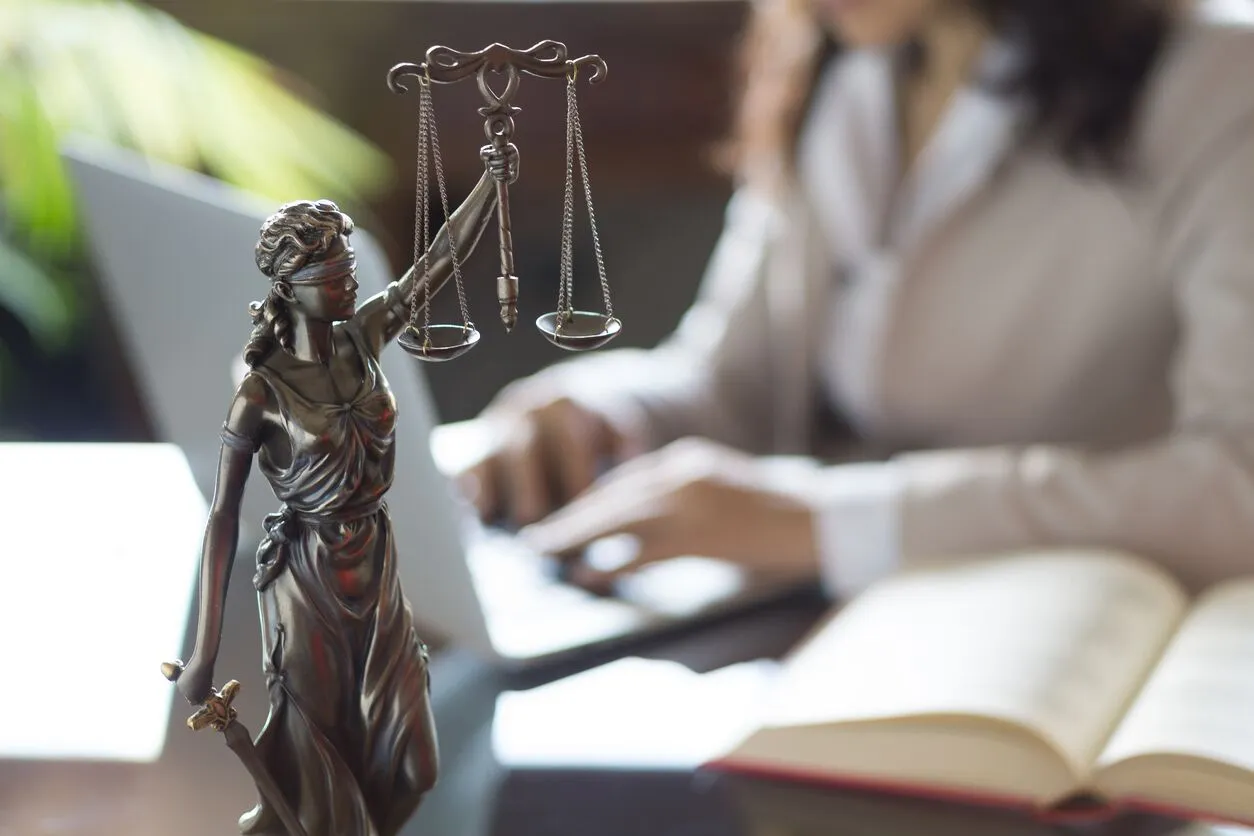
If you’ve ever seen a lawyer’s name followed by “Esq.,” you might wonder what that abbreviation means. It is short for the term “esquire,” and in the United States, the term is most commonly used as a formal courtesy title for lawyers.
The history of the word goes beyond that of the legal profession, though. Understanding the esquire definition, origin, and proper use can help clear up the confusion around this often misunderstood and misused term.
The Origin of the Esquire Title
Answering the question of “What does esquire mean?” is actually a bit more intricate than you might think.
The original use of the esquire title dates back to medieval England, in which it was used to describe a young man who was training to become a knight. Specifically, it was often a label for one who served as an assistant or a shield bearer.
Over time, though, the meaning started to shift from a job title to a ranking of social status. Esquires became those of higher status than gentlemen, but they were still deemed lower than knights. Eventually, the title became more universally used for formal correspondence, especially for those in professional or official roles.
What Does Esquire Mean Today?
In modern American usage, “esquire” is primarily used to identify individuals who have passed the bar exam and are thus authorized to practice law. The title is added after the person’s full name and separated by a comma (i.e., “Jane Smith, Esq.”).
While there is no law restricting the use of the title, professional etiquette discourages individuals other than practicing lawyers from adopting it. In most contexts, using esquire implies the individual is a licensed attorney and in good standing.
Unlike “Mr.” or “Ms.,” “esquire” is not attributed to any one group of people, meaning lawyers of any gender may use the title. Only in traditional English society was the title primarily used to refer to men.
When To Use “Esquire”
The esquire title is mainly used in written communication these days.
In particular, it’s often seen on the following papers and documents:
- Formal correspondence
- Legal documents (in signatures)
- Business cards or letterheads
As for some rules when using the title esquire:
- Do not combine it with other titles like Mr., Ms., or Dr.
- Use it after the full name (i.e., “David Brown, Esq.”)
- Avoid using it for yourself
With regard to that last point, it’s uncommon (and actually considered improper) for someone to introduce themselves using the esquire title. Typically, others may use the title when referring to a licensed lawyer in a professional setting.
Esquire Vs. Other Legal Titles
The legal world uses several different designations for those who are in the legal field and hold a professional degree.
Here’s how “esquire” compares to other abbreviations you may encounter:
- J.D. (Juris Doctor): Indicates someone who has completed law school but may or may not have passed the bar
- LL.M. (Master of Laws): An individual with a postgraduate law degree that usually focuses on a specific area of legal study
These titles carry different meanings, but only “esquire” is the appropriate abbreviation for a lawyer, as it implies someone who is actively licensed to represent a client in legal matters.
Is Esquire an Official Legal Designation?
Though state bar associations and professional guidelines recognize it as a traditional marker of someone who is licensed and currently practicing law, no federal or state law designates the term “esquire” as an official legal credential in the United States.
Why Understanding This Title Matters
The term “esquire” may seem archaic, but knowing what it means can help identify whether someone is qualified to practice law. For clients injured in car accidents, slip and falls, or dealing with other injuries, it can be a clear sign that they’re speaking with an individual with experience who is permitted to represent them. It also provides insight into the legal profession’s cultures and traditions, an area where words still carry weight.
Contact The Seattle Personal Injury Lawyers at Darrell Cochran Personal Injury Lawyer For More Help
For more information, contact an experienced personal injury lawyer at Darrell Cochran Personal Injury Lawyer to schedule a free initial consultation. We have convenient locations in Seattle and Tacoma, Washington.
Darrell Cochran Personal Injury Lawyer – Seattle
701 5th Ave Suite 4300A, Seattle, WA 98104
(253) 948-0250
Monday to Friday
8:00 AM to 5:00 PM
Darrell Cochran Personal Injury Lawyer – Tacoma
909 A St Ste 700, Tacoma, WA 98402
(253) 264-0225
Monday to Friday
8:00 AM to 5:00 PM
